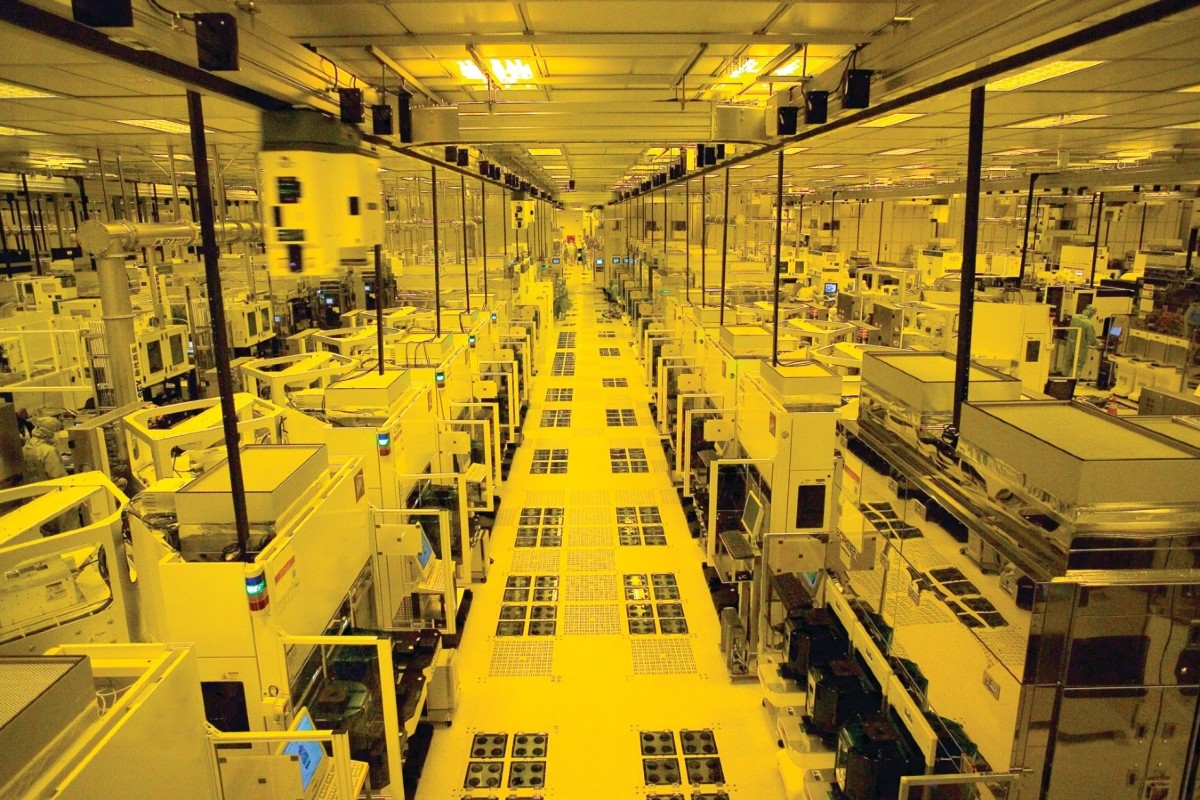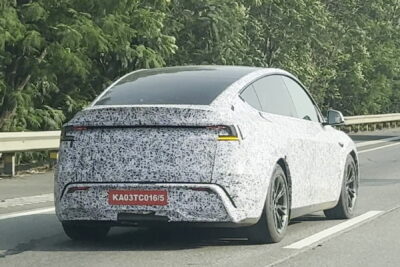TSMC breaks ground for chip factory in Dresden
The go-ahead for the construction work follows approval from Brussels that is still hot off the press: the European Commission still had to approve the public funding for the plant under state aid law. This has now been done. The Taiwanese chip manufacturer TSMC (Taiwan Semiconductor Manufacturing Company) and its partners Bosch, Infineon and NXP want to invest billions in the future production of innovative and sustainable microchips in Dresden, provided that the public subsidies are granted.
Today’s ceremony to mark the start of construction was symbolic in nature. As the Tagesschau reports, actual construction is due to begin at the end of this year. This means that the initiators of the joint factory in Dresden are still on schedule, which is why the production start envisaged last year for the end of 2027 is still on track. The planned joint venture is 70% owned by TSMC and 10% each by Bosch, Infineon and NXP. The joint venture itself has a similar abbreviation to the Taiwanese chip manufacturer, namely ESMC for European Semiconductor Manufacturing Company.
When announcing its plans for 2023, TSMC described the establishment of the joint venture as an important step on the way to building the 300mm production facility, which is intended to meet the future capacity requirements of the rapidly growing automotive and industrial sectors. In terms of financing requirements, there is still talk of a 10 billion investment, comprising equity, debt and subsidies from the European Union and the German government. The German government has stated that it will provide up to half of this sum (up to 5 billion euros). According to an earlier Handelsblatt report, TSMC will also invest 3.5 billion euros, while Bosch, Infineon and NXP will each invest around 500 million euros.
The project will be funded in accordance with the criteria of the relatively new European Chips Act. With this act, the EU wants to attract more semiconductor production to Europe by relaxing state aid rules. Its aim is to increase Europe’s share of global semiconductor production to 20 per cent by 2030.
The production facility in Dresden will be operated by TSMC from 2027 and is expected to have a monthly production capacity of 40,000 300 mm wafers from 2029. Around 2,000 direct jobs are expected to be created in the factory. The federal government has also announced that the wafers will primarily be made available to the German and European markets. And: “With the processing of 300 mm wafers on technology nodes of 12 to 28 mm, ESMC wants to close a gap within European semiconductor production. Until now, these technologies have mainly been imported from Asia and the USA. The project thus makes a significant contribution to Europe’s security of supply and technological sovereignty.”
Robert Habeck, Federal Minister for Economic Affairs and Climate Protection, is delighted with the approval from Brussels under state aid law: “Now we can get started soon! Germany can look forward to a new, state-of-the-art chip factory that will strengthen the supply of innovative chips in Germany and Europe, address the existing and future needs of user industries and create thousands of high-tech jobs.” The investment and the planned funding will secure value creation, competitiveness and the future.
tagesschau.de, bmwk.de, ec.europa.eu (all in German)





0 Comments